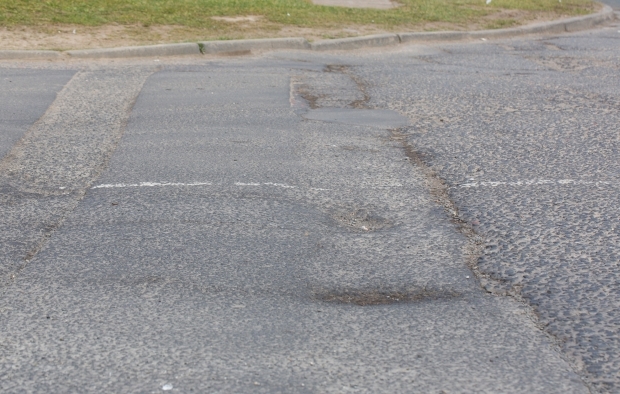
- Home
- News
- Road Traffic
- Future of Driverless Cars Could be Derailed by Potholes and Roundabouts, Experts Warn

Future of Driverless Cars Could be Derailed by Potholes and Roundabouts, Experts Warn
The push for Britain to become a world leader in driverless car technology could be severely hampered by our poorly maintained road surfaces.
That's the word of warning coming from the esteemed AI thinktank, Five AI. John Lusty, a senior technician, says that worn road markings and the general condition of our roads are making self-driving cars an unlikely prospect for now.
Potholes, old paint, and even roundabouts are apparently all barriers to the development of autonomous vehicles, with the onboard cameras and driving programmes struggling to read and adapt to them successfully.
Thankfully though, Lusty thinks that a solution may come from the very tech companies who are developing the self-driving systems. Speaking to The Telegraph, Lusty said; “I could well imagine a situation where you have people that are operating or selling autonomous cars coming in and fixing roads themselves."
It may seem fantastical to believe that tech giants will provide the infrastructure to allow their products to work. If the likes of potholes cause damage to cars (or even injury to passengers) due to a car's inability to drive around them, then paying for high traffic density areas to be resurfaced could be the best solution to ensure consumer confidence and safety. After all, companies will strive to avoid bad publicity and controversy surrounding emerging technology, not to mention potential law suits that could arise from accidents where the self-driving car and it's onboard tools are at fault.
Lusty also notes that road markings will also require more frequent cleaning and maintenance work for the cameras in self-driving cars to pick them up properly.
Leaving a job at Facebook to join the newly formed Five AI, the senior technician clearly knows what he's talking about when it comes to autonomous vehicle technology. Whether he's right about companies shelling out to provide viable roads, however, remains to be seen.
Share this article
Request a Callback
Had an accident that wasn’t your fault? Leave your details and we’ll call you back.
Thank you
Thank you for your request, one of our team members will be in touch shortly.
Find Out MoreExisting Client?
Keep on top of your claim 24/7, 365 days a year with Touchpoint, accessible from any internet-enabled device.



